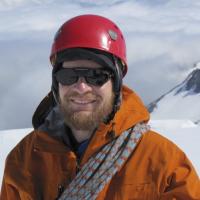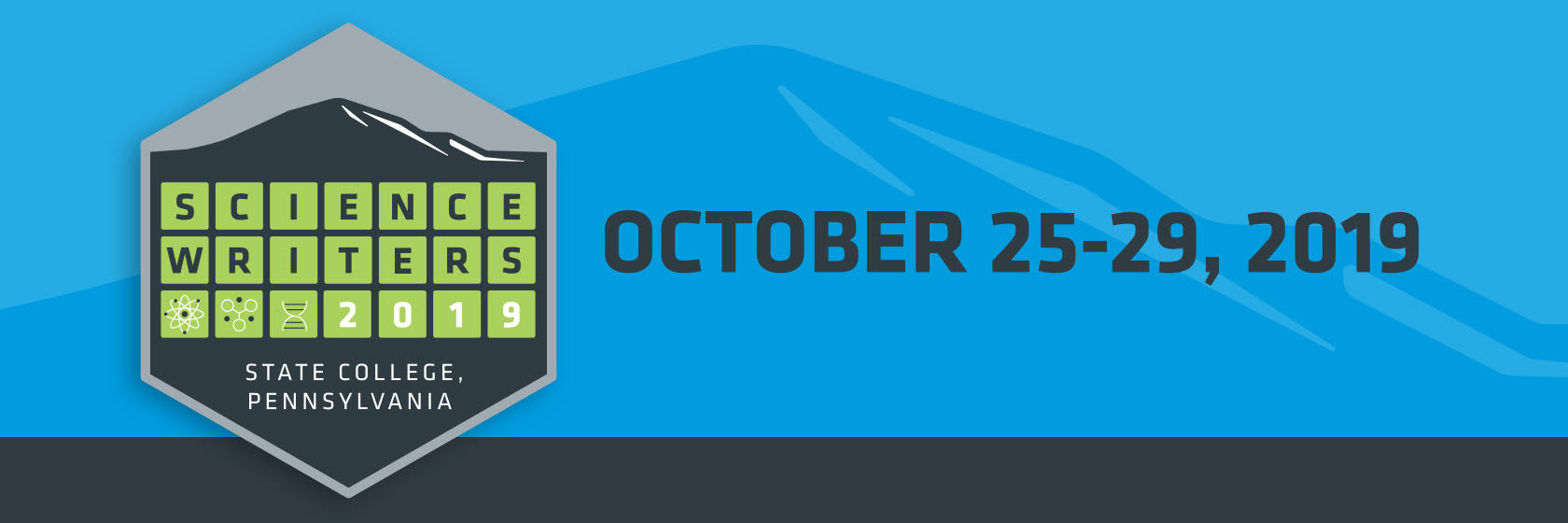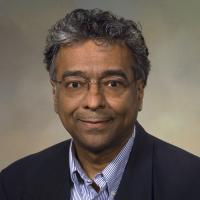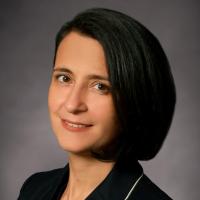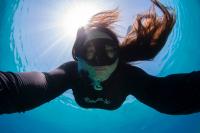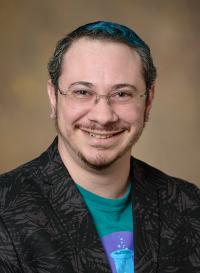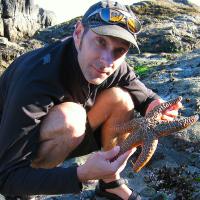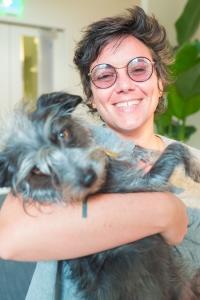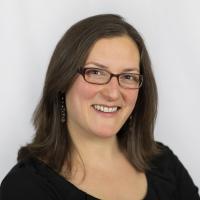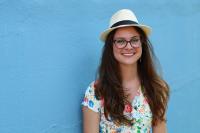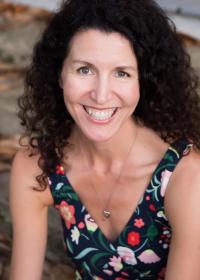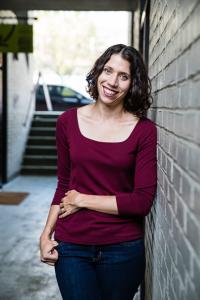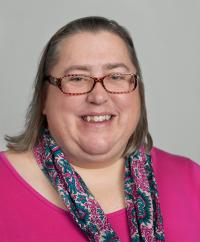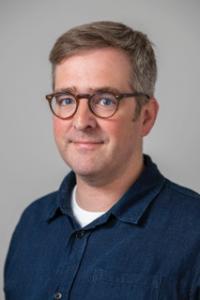Steven Bedard is bioGraphic's editor-in-chief. A former field biologist who spent the early 90s chasing spotted owls and northern goshawks through the woods, he now tags along with scientists and writes and produces media about their work. Having written about archaeology, engineering, and astrophysics in the past, he's found a much happier place covering the living world for bioGraphic.
Pitching guidelines:
bioGraphic is a multimedia magazine featuring stories from around the globe about the wonder of the natural world, the most pressing threats to biodiversity, and the most promising sustainability solutions. We take a highly visual, data-driven approach to nature and environment reporting and storytelling and deliver content in many different formats — from stunning photo essays and data visualizations to compelling immersive experiences, feature articles, and short-form videos.
We're looking for original story ideas in any of these formats—stories that:
- Examine the beauty and peculiarities of organisms and ecosystems
- Demonstrate the fragility or the resilience of nature in a changing environment
- Illustrate the interconnectedness of the natural world and human society
- Reveal unexpected and extraordinary discoveries, and how these discoveries were made
- show the promise of innovative technologies and ideas for protecting life on Earth
- Introduce readers to people on the front lines of environmental issues, and those dedicated to making a difference
- Offer new perspectives on existing issues and innovative ways of framing, discussing and visualizing both familiar and unfamiliar topics
In particular, we're seeking story ideas on the following topics:
- Climate Change
- Biodiversity and human health
- Biodiversity, land use, agriculture
- Marine resource management
If you have a pitch that you think might be a good fit, bring a brief (1,000 words or less) description of the piece you have in mind and what makes it right for bioGraphic, and please be prepared to discuss the following:
- The story itself (please make sure your pitch is about a story, not a topic), and be prepared to show that you have a good sense of what the story is — the main idea, the characters involved, where and when it takes place, and its trajectory
- Why you think it's important to tell this story now
- If there are questions or mysteries surrounding your story, be prepared to show that you have a good handle on the answers and explanations.
- How you plan to report the story — who you plan to talk to, if you think you can report it remotely, or where you think you need to go to report the story properly.
- A sense of your storytelling style, both in your pitch and in examples of previous work
Twitter: @steventbedard
Email: sbedard@biographic.com
